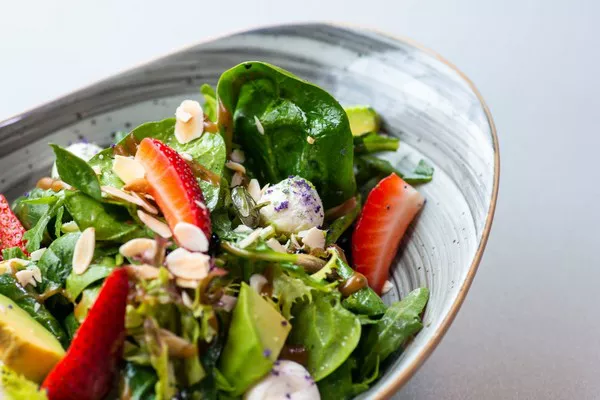Losing weight while breastfeeding can be a challenge, but it’s important to approach it in a healthy and sustainable way. As a nursing mother, you need to ensure that you’re getting enough nutrients to support milk production and your own health. At the same time, you want to create a calorie deficit to promote weight loss. So, how much should you be eating while breastfeeding to achieve your weight loss goals? Today, we’ll explore some tips and advice to help you answer that question.
Understand Your Calorie Needs
The first step to figuring out how much to eat while breastfeeding to lose weight is to understand your calorie needs. Generally, breastfeeding mothers need an additional 450-500 calories per day to support milk production. However, this can vary depending on factors such as your weight, height, activity level, and the age of your baby. To get a more accurate estimate of your daily calorie needs, you can use an online calorie calculator or consult with a healthcare professional.
Create a Calorie Deficit
Once you have a sense of your daily calorie needs, you can aim to create a calorie deficit to promote weight loss. However, it’s important not to go too extreme with calorie restriction. Cutting your calorie intake too drastically can impact milk supply and leave you feeling fatigued and hungry. Aim to create a calorie deficit of no more than 500 calories per day, which can lead to a weight loss of 1-2 pounds per week.
Choose Nutrient-Dense Foods
While creating a calorie deficit is important for weight loss, it’s also crucial to focus on eating nutrient-dense foods. This means choosing foods that are high in vitamins, minerals, and other important nutrients. As a breastfeeding mother, you need to ensure that you’re getting enough calcium, iron, vitamin D, and other essential nutrients to support milk production and your own health. Some nutrient-dense foods to include in your diet are:
- Fruits and vegetables: These are high in vitamins, minerals, and fiber, and low in calories.
- Whole grains: These provide energy and fiber, and are a good source of B vitamins.
- Lean protein: This includes foods such as chicken, fish, lean beef, and tofu, which are important for building and repairing tissues.
- Dairy products: These are a good source of calcium and vitamin D, which are important for bone health.
Stay Hydrated
Drinking enough water is crucial for milk production and overall health, but it can also help with weight loss. Drinking water before meals can help you feel fuller and eat less, and staying hydrated can also help you avoid mistaking thirst for hunger. Aim to drink at least 8-10 glasses of water per day, and more if you’re exercising or sweating heavily.
Exercise
In addition to creating a calorie deficit through diet, exercise can also help with weight loss while breastfeeding. However, it’s important to start slowly and gradually increase intensity as your body adjusts. Low-impact exercises such as walking, swimming, and yoga are good options for nursing mothers. Aim to exercise for at least 30 minutes per day, most days of the week.
In conclusion, figuring out how much to eat while breastfeeding to lose weight requires a balance between creating a calorie deficit and ensuring that you’re getting enough nutrients for milk production and overall health. By choosing nutrient-dense foods, staying hydrated, and incorporating exercise into your routine, you can achieve your weight loss goals in a healthy and sustainable way. As always, consult with a healthcare professional before starting any weight loss program while breastfeeding.
Recommended reading:


